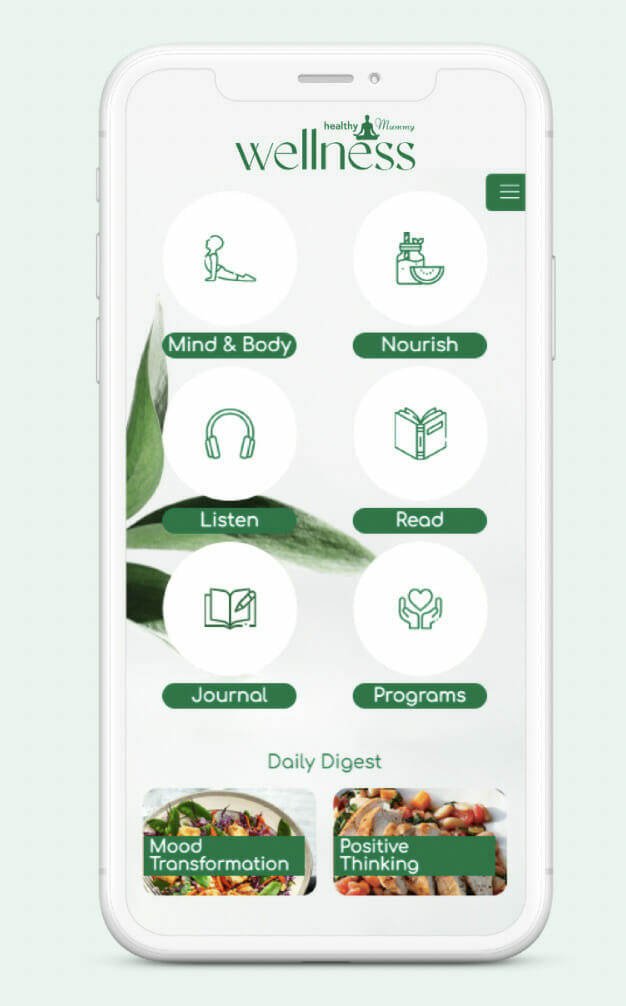![]()
7 ways to help raise your self-esteem

Your self-esteem is your opinion of yourself and how you view your abilities to do things.
You might feel your self-esteem has been knocked because you aren’t feeling confident within yourself.
Healthy self-esteem is made up of four attitudes you have about yourself: your self-confidence, your sense of identity, the feeling you belong and being self-assured about your abilities.
Everyone suffers from doubts about themselves from time to time. But it’s important to not let it fester and take over. Your self-esteem is the foundation for everything you do.
If you’re feeling insecure, lacking motivation, feel anxious or depressed and suffer from negative thoughts, you might be suffering from low-self esteem.
There may be various causes of your low self-esteem. You can start dismantling the layers of self-loathing you have felt for so long to appreciate and eventually be comfortable with who you are.
7 ways to help you build your self-esteem

1. Change your thinking
It’s not often as easy as that! But building self-esteem starts by having a positive outlook. It’ll likely take a lot of hard work to get there but you may find that you actually begin to feel better within yourself.
Research shows that negative thoughts are responsible for low self-esteem. Couple this with depression or anxiety, and your judgement and perception can become skewed.
This coloured version of the world and your negative thinking can lead you to make bad decisions for your physical health, mental health and even family.
Focusing on the nature of negative thoughts is extremely important and the first step in improving self-esteem.
Seriously ask yourself these questions:
- What evidence backs my thoughts?
- Would those who know me support these thoughts?
- Does thinking this way make me feel good or bad?
Write down the answers, or ask your partner/husband to gain some perspective.
Chances are, you’ll find that your thinking is irrational. Instead of the negative thoughts, try to replace them with positive thoughts, using facts and objectivity.
2. Write down how you are feeling

When we get these thoughts out of our heads and into the world, it creates a sense of reality and objectivity and reduces it down to size.
A type of pro and con list is also beneficial; for every negative thought you list, answer it with a positive one.
Creating a gratitude journal is also an effective way to raise self-esteem as it creates a sense of satisfaction and appreciation for what you have in your life.
Often people feel liberated when they write down what is bothering them. As it’s like they’ve lifted the problem off their chest, and they may begin to feel clearer in their head afterwards.
3. Positive people attract positivity

When you surround yourself with confident and positive people, it really does rub off on you!
That’s because these types of people celebrate your strengths and encourage you to work on your flaws without judgement.
Surrounding yourself with positive people who lift you up and not put you down can help you become your most positive self and help you get high self-esteem. Who wouldn’t love their own personal cheer squad?
Surround yourself with positive people who lift you up and not put you down.
4. Include a positive action in your day
Whether it’s doing a good deed for other people or for yourself, make sure you partake in a positive action daily.
You can choose to volunteer for a good cause, maybe?
Doing something for others who are less fortunate gives you a sense of appreciation for what you do have, and the deed itself makes you feel better about yourself.
When working towards becoming the best version of yourself it can help if you set goals and work towards them using whatever tools work. Some people find using affirmations helps them shift their day from bad to good.
5. Find your passion

Negative thoughts can drown out your interests and passions when you are in the depths of low self-esteem.
Make a conscious attempt at restarting these, write them down in your journal and more importantly, make it your goal to pursue them.
6. Redefine what failure means to you
What is a failure to you? Is it that you are a certain size and others in your virtual and social circle aren’t?
Is it because you have tried to exercise and diet for a couple of months and haven’t been able to stick with it and regress back into old habits?
When it comes to your body image think about what you consume on social media, is it helping your self-esteem or is it causing lower self-esteem? When trying to change your body image you should try to redefine what you see as a failure. So you didn’t stick with eating healthy and exercising last week, move on and get back on track.
Realise these failures are all part of the process. Even the most successful person has failed at something, but the difference is that they’ve gotten back on track and moved on.
Failure doesn’t mean you can’t achieve your goal, and it certainly doesn’t define your self-worth.
7. Take care of yourself

Practising self-care is essential to self-esteem because you are showing yourself that you deserve it, are worth it, and need it.
You can choose to do something for yourself, such as buy a flattering dress or take yourself off to a spa or a movie.
Loving yourself first and foremost is the most important step before others will learn to love you and see all the good within you.
Breaking the cycle of toxic thinking
Four ways to stop the negative thoughts
Get Access to Mental Health Wellbeing Programs in the Wellness App

The Healthy Mummy Wellness app is built to support mums’ mental, physical and social well-being. We have expert advice to help mums makeover their minds, transform their mood, manage their hormones, sleep better and engage with their family. You can listen to podcasts, read blogs, work out with our trainers and find healthy, family-friendly recipes from the palm of your hand.


